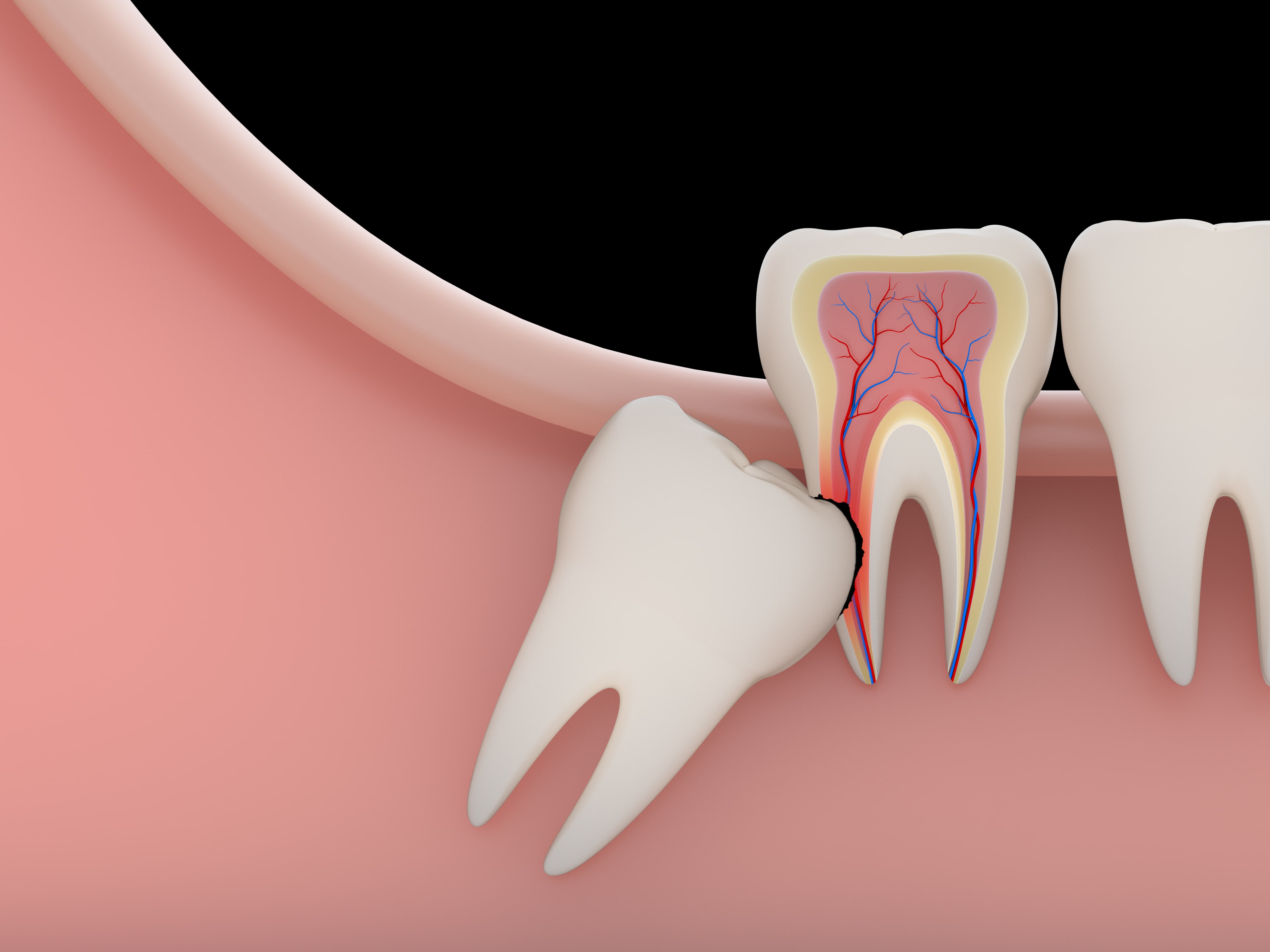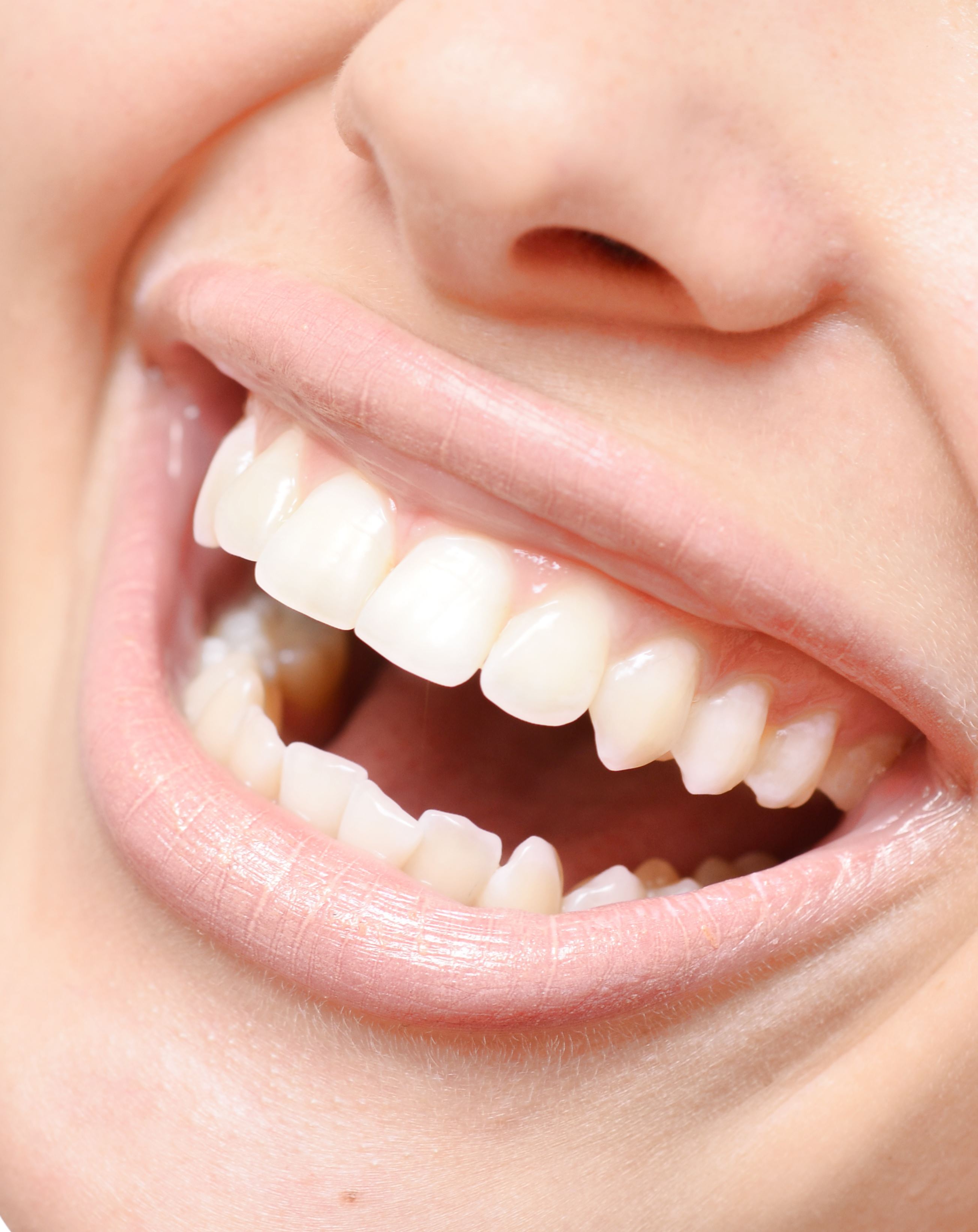781 Centre Road, East Bentleigh, VIC 3165
-
Mon- Fri 8am – 5pm
While bleeding gums during brushing is a common issue, it can be an uncomfortable and sometimes alarming experience. East Bentleigh Dental Group is here to help you understand the common reasons behind bleeding gums and what can be done about it.
The Causes of Bleeding Gums
Gingivitis
The most common cause of bleeding gums is gingivitis, which is an early stage of gum disease. Gingivitis is an inflammation of the gums caused by plaque build-up along the gumline. If not removed through regular brushing and flossing, plaque can harden into tartar, which further irritates the gums.
Aggressive Brushing
Using a hard-bristled toothbrush or brushing too vigorously can damage the delicate gum tissue, causing it to bleed. This can also lead to increased sensitivity and receding gums over time. It’s important to brush gently with a soft-bristled toothbrush to avoid injury to your gums.
Poor Oral Hygiene
Infrequent or improper brushing and flossing can lead to plaque accumulation, which irritates the gums and causes bleeding. It can also result in other issues such as cavities and bad breath. Maintaining good oral hygiene is vital for preventing gum problems and other oral health issues.
Vitamin Deficiencies
Lack of certain vitamins, particularly vitamins C and K, can cause bleeding gums. Vitamin C helps to maintain healthy gums, while vitamin K plays a role in blood clotting. Ensuring a balanced diet rich in these vitamins can help promote overall gum health.
Medical Conditions & Medications
Conditions like diabetes, blood disorders or the use of certain medications can increase the likelihood of bleeding gums.
What to Do About Bleeding Gums
- Improve Oral Hygiene – The most effective way to address bleeding gums is by improving your oral hygiene routine. Brush your teeth at least twice a day with a soft-bristled toothbrush and fluoride toothpaste, and floss daily to remove plaque and food particles from between the teeth.
- Use the Right Technique – Brush gently in circular motions rather than scrubbing back and forth. This method is less likely to damage the gums. Use dental floss carefully to avoid hurting the gum tissue.
- Visit Your Dentist for Regular Check-Ups – Visit your dentist regularly for professional cleanings and check-ups. A dentist can remove tartar and plaque and detect early signs of gum disease, providing treatment before it progresses.
- Maintain a Healthy Diet – Ensure your diet includes plenty of vitamins C and K. Citrus fruits, leafy greens and other vitamin-rich foods can help keep your gums healthy.
- Stay Hydrated – Drinking plenty of water keeps your mouth clean and washes away food particles and bacteria that can cause gum irritation.
Take Steps to Improve Your Oral Health Today
Arrange an appointment at East Bentleigh Dental Group today for help effectively managing and preventing bleeding gums for improved oral health.







